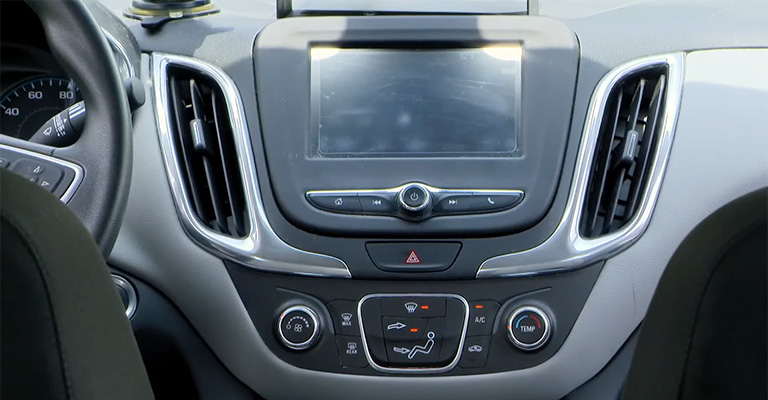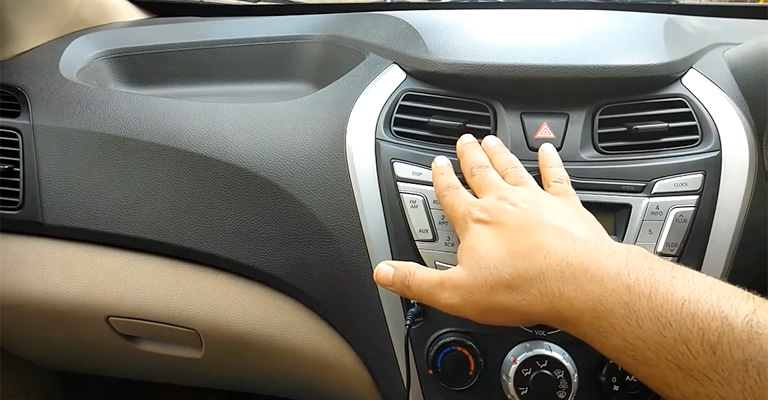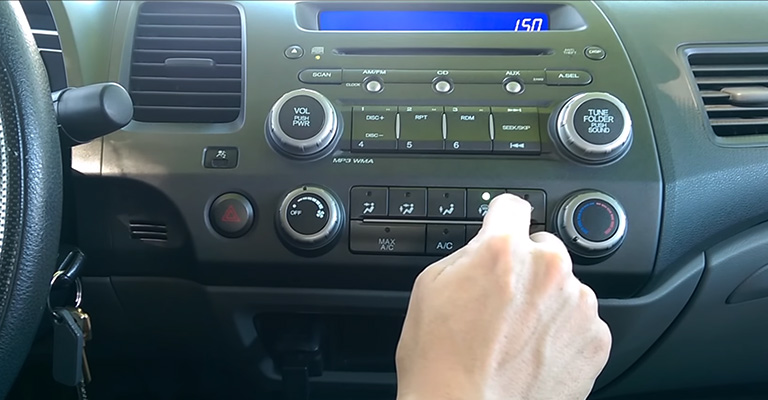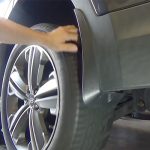As temperatures rise, we rely on our car’s air conditioning to keep us cool and comfortable while driving. But have you ever wondered how your car’s AC system actually works?
Specifically, does it use gas or electricity to power it? If you’re a Honda owner or considering purchasing one, you may be particularly curious about how their AC systems function.
The air conditioner in your car is crucial if you live in a warm, sunny climate. Despite new electric vehicle models not utilizing gas power, the old A/C system still works, and manufacturers ensured it was incorporated into them.
Air conditioners driven by gas are powered by the alternator, which itself is powered by gas. It is necessary to have gas to blow cold air through the vents.
As with your refrigerator, electric vehicles have air conditioners that work like them. Your vehicle’s electric motor powers the air conditioner to keep you cool.

Does Honda Car AC Use Gas Or Electricity?
In most cars, the AC system is powered by an alternator, which in turn is powered by the engine. Your car AC indeed consumes gas.
The AC isn’t always less efficient than opening the windows. Read more about your car’s air conditioning and how to conserve gas.
When the AC is More Fuel Efficient

The fuel efficiency of a car is a must-have feature for many drivers. What should you do when driving down highways on a hot day?
As open-air causes your engine to work harder, you’re better off using your AC on the highway rather than rolling down the windows.
The reason for this is due to aerodynamic drag, so open your windows and enjoy the ride!
How Air Conditioning Works
The air conditioning system is a subject of great interest to many drivers. Undoubtedly, all refrigeration processes begin with refrigerant, a high-pressure gas. What is your engine’s reaction to the refrigerant?
Compress and Condense: After the compressor condenses the liquid refrigerant into a gas, the condenser extracts heat from the liquid.
Expansion Valve/Orifice Tube: This puts the refrigerant back to its original state as a gas.
Drier/Accumulator: After the drier removes moisture from the refrigeration system, the evaporator then absorbs the moisture.
Evaporator: This device transfers energy and heats through water into the refrigerant. Vents in your home will release cold air as a result.
Every new vehicle now has an AC that runs on gas to power a sophisticated system that achieves comfort and fuel efficiency.
Does Turning Off the AC Save Gas?

The flip side of turning off the AC and rolling down the windows on highways is that you actually use up more gas.
As a result of the drag produced by open windows, your engine must work harder to drive you to your destination! You may also want to consider other driving behaviors that can affect your fuel economy.
Drag & Fuel Economy
The biggest opponent of fuel economy is drag, also known as air resistance. The car’s engine must first overcome air resistance to move forward since air has mass.
You need less work from your engine if there is less resistance. However, rolling down your windows makes pushing air against more surface area easier. Like opening sails on a ship to catch a breeze, this means catching the wind.
Does AC Burn Fuel More Than Rolling Down the Windows?

As you probably already know, the increased air resistance from rolled-down windows makes your engine work harder to maintain a constant speed, reducing fuel economy.
There is evidence for this in wind tunnel studies. You can save on your gas bill by rolling up the windows and turning on the air conditioning. Feel free to enjoy the cool air knowing that physics is on your side.
Ways To Optimize Your Fuel Economy
Fuel efficiency can be improved by using your AC on highways. The list goes on and on, but you can use many more during your commute each day.
A good driving habit keeps you safe but also saves you gas dollars!
Avoid Hard Braking: Come to a stop through a gradual application of the brake pedal.
Slower Speeds, Higher Gears: It is more economical to drive in higher gears and avoid idling for more than 30 seconds.
Quality Oil: Cheap engine oil is not good for fuel economy, so find a service center that can provide you with high-quality oil.
Avoid Heavy Payloads: Do what you can to not weigh your vehicle down.
Tire Care: Ensure your tires are aligned and inflated regularly and maintain good tire maintenance.
Does Car Heat Use Gas?
Definitely, but indirectly. During the combustion process, your engine produces heat via your car’s heating system, which uses gas to operate.
While heating requires indirect gas, it does not negatively impact fuel efficiency as AC does.
It is because the process of heating and cooling a car is entirely different. This is because your car’s engine recycles heat already used to power it.
As a result, the extra fuel used by the heaters does not qualify as excessive. Using fuel efficiently is the best way to save fuel while driving your car at high temperatures.
Conclusion
A gasoline-powered car’s air conditioner is powered by its engine. Because a gas vehicle’s engine is powered by gas, the air conditioning is also powered by gas.
There is, however, no restriction on the use of air conditioning in electric vehicles. Even if you buy an electric car, you can still run your air conditioner; it’ll just switch from gas to electricity.




